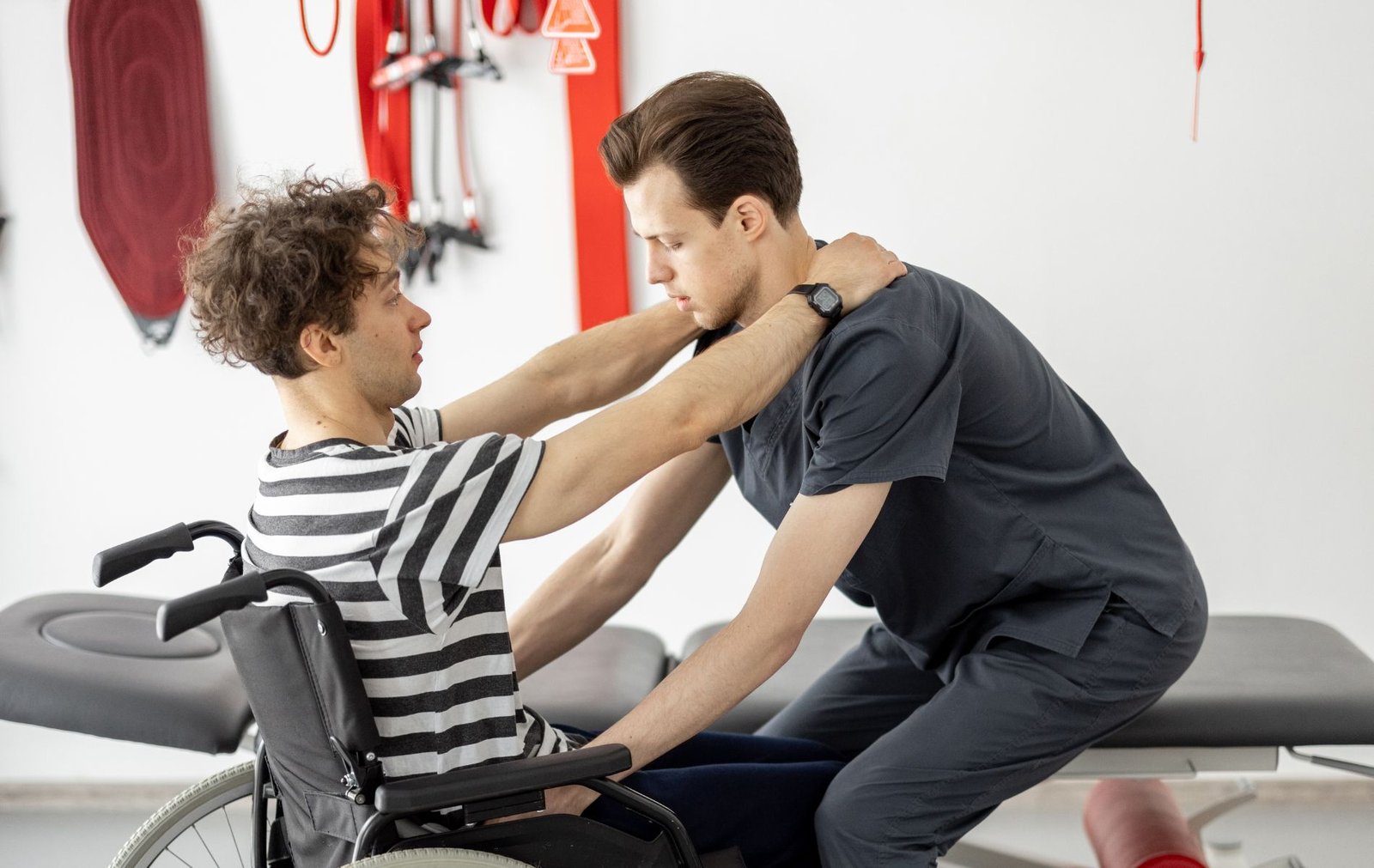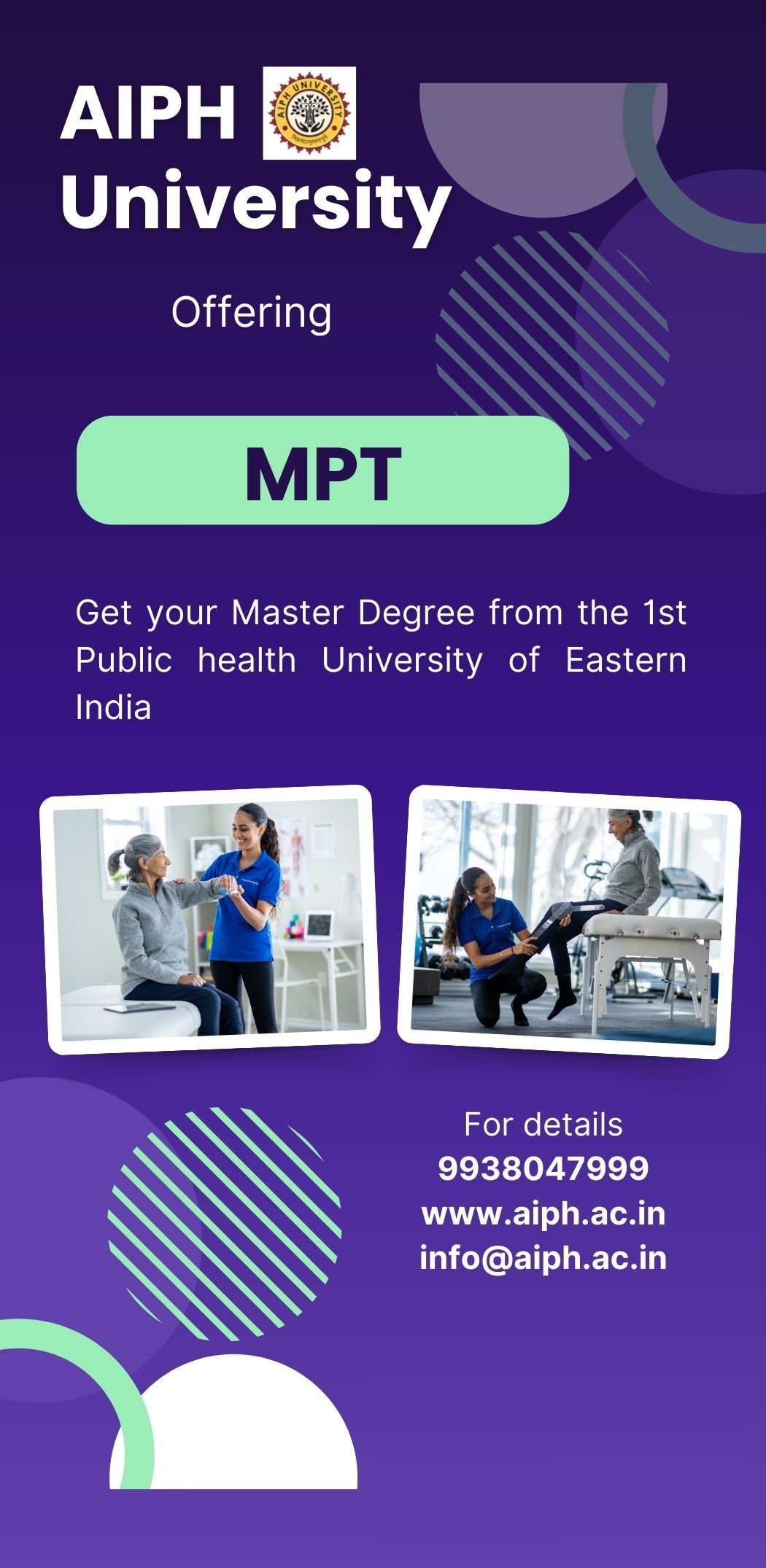MPT programs typically offer specializations in a variety of areas. Here are some of the most common:

MPT graduates have a wide range of career opportunities in both clinical and non-clinical settings. Some of the common career paths include:

To succeed as an MPT, individuals should possess the following skills and qualities:
By pursuing an MPT, individuals can specialize in a particular area of physiotherapy and make a significant impact on the health and well-being of their patients.




